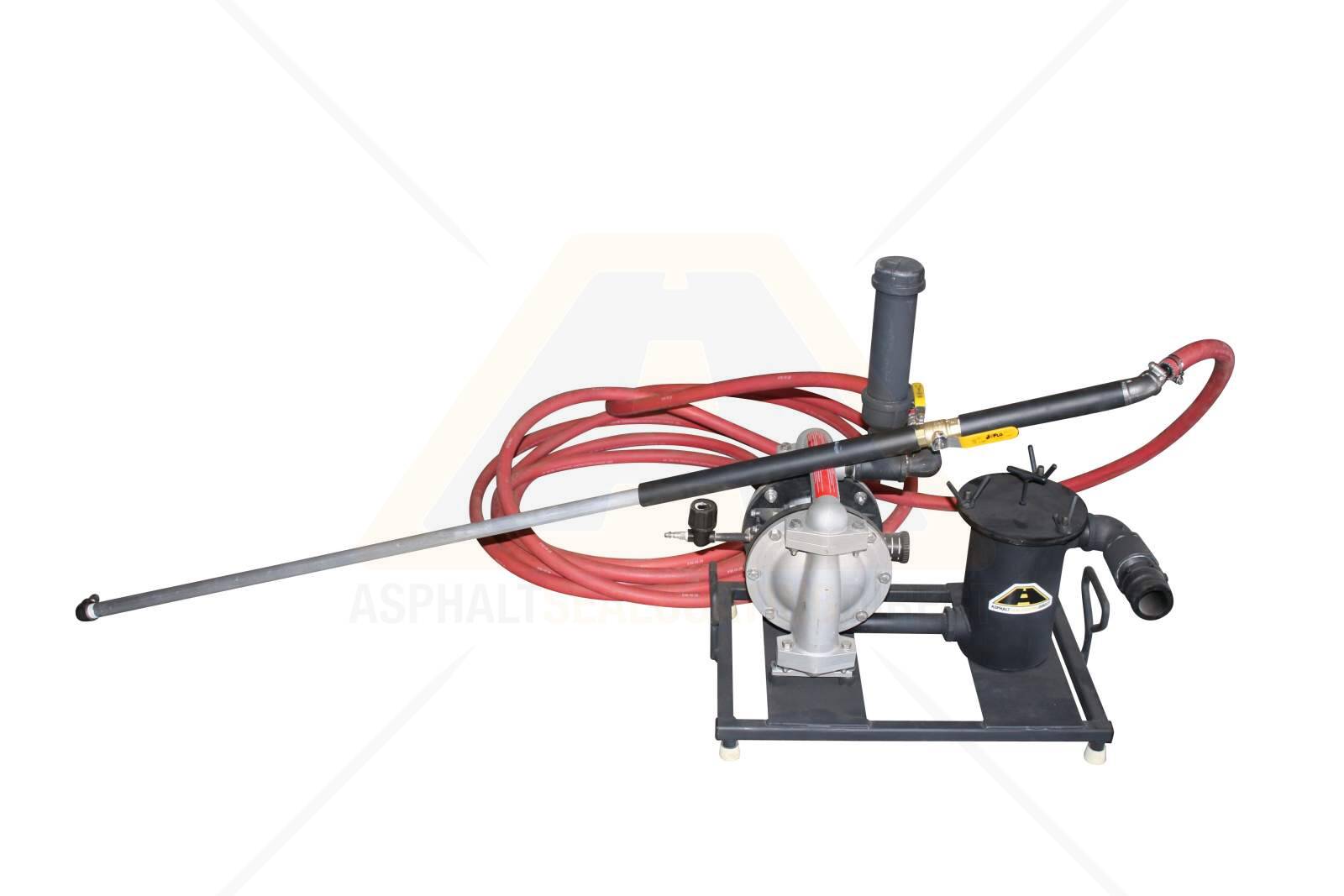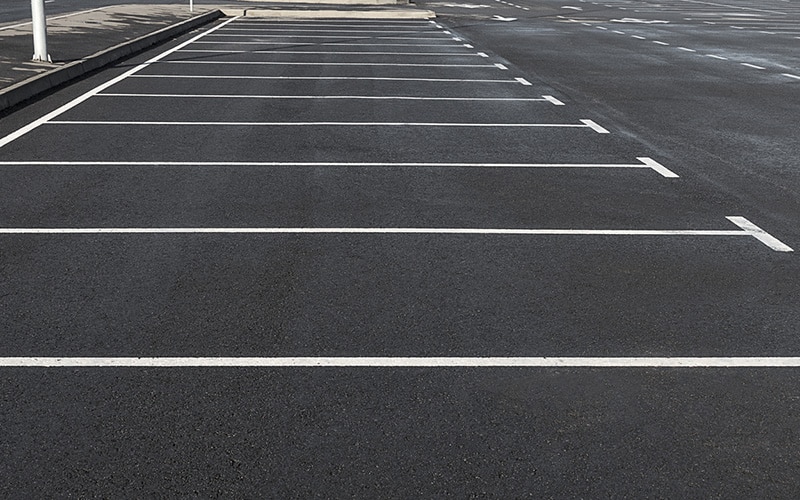Change Your Property's Aesthetic appeals: Commercial Car Park Leading and Asphalt Sealing Solutions
Change Your Property's Aesthetic appeals: Commercial Car Park Leading and Asphalt Sealing Solutions
Blog Article
Hot Mix Asphalt: A Lasting Solution for Pavement
Hot Mix Asphalt (HMA) has arised as a leading sustainable choice for pavement remedies, providing a myriad of environmental advantages and innovative modern technologies. As the need for environment-friendly building techniques grows, discovering the nuances of HMA's sustainability can offer valuable understandings right into the future of pavement options.
Environmental Advantages of Hot Mix Asphalt

In Addition, Hot Mix Asphalt aids to reduce metropolitan heat island impacts. Its dark shade takes in sunshine, lowering the quantity of warmth showed back right into the atmosphere contrasted to lighter-colored pavements. This can reduce ambient temperature levels in urban areas, lowering the need for a/c and inevitably decreasing power consumption.
Additionally, Warm Mix Asphalt contributes to improved stormwater management. Its permeable nature permits water to recharge and penetrate the pavement groundwater supplies, decreasing overflow and the danger of flooding. These ecological benefits make Hot Mix Asphalt a lasting option for leading highways and roads.
Energy Effectiveness in HMA Production
Is energy efficiency an essential factor in the manufacturing of Hot Mix Asphalt (HMA)? Energy plays a substantial function in the manufacturing of HMA, affecting both cost and ecological sustainability. One crucial element of power efficiency in HMA manufacturing is the use of warm mix asphalt (WMA) modern technologies.
Moreover, advancements in plant innovations have resulted in even more energy-efficient HMA production procedures. Modern plants are designed with features like recycled asphalt sidewalk (RAP) processing capacities, efficient heater systems, and boosted insulation, all contributing to energy savings. By maximizing energy use in HMA manufacturing, the industry can minimize its carbon impact while preserving top notch pavement materials. Energy performance is, for that reason, an essential factor to consider in making sure the sustainability of Hot Mix Asphalt production.
Recyclability of Hot Mix Asphalt
The recyclability of Warm Mix Asphalt (HMA) is a crucial aspect of its sustainability and long-lasting environmental influence. HMA is one of the most recycled materials in the USA, with over 100 million heaps of recovered asphalt sidewalk (RAP) being recycled annually in new pavement building and construction. Recycling HMA uses numerous ecological advantages, such as decreasing the demand for virgin materials, reducing power intake throughout manufacturing, and decreasing the quantity of waste sent out to land fills.
The procedure of reusing HMA entails grating the existing sidewalk, squashing it right into smaller sized items, and blending it with new aggregate and asphalt binder to create a recycled mix. This recycled mix can typically do along with and even far better than conventional HMA, while needing less basic materials and creating reduced greenhouse gas exhausts. By integrating RAP right into new pavement projects, roadway companies can save natural resources, decrease costs, and reduce the ecological footprint of road construction and upkeep tasks. Generally, the recyclability of HMA plays a substantial duty in advertising lasting methods within the sidewalk sector. click this site

Long-Term Performance of HMA
Asphalt pavements show resilience and durability over a prolonged duration, showing the long-lasting performance of Hot Mix Asphalt (HMA) Additionally, developments in HMA technology, such as the usage of polymer-modified binders and warm mix asphalt, have actually better improved the sturdiness and longevity of HMA pavements. By prioritizing quality building and maintenance practices, HMA proceeds to prove itself as a cost-effective and sustainable solution for long-lasting pavement facilities.

HMA: Longevity and Sustainability
Showing both sturdiness and sustainability, Hot Mix Asphalt (HMA) has come to be a foundation in the construction of durable pavement frameworks - regrading. HMA's durability originates from its capability to hold up against heavy lots, severe climate condition, and high web traffic quantities, making it a trusted selection for roadways, freeways, and airport terminal runways. The make-up of HMA, which typically consists of aggregates, binder, and filler, plays a crucial function in enhancing its durability and resistance to tear and wear
Additionally, HMA's sustainability exists in its recyclability and energy-efficient production process. The capability to reuse reclaimed asphalt sidewalk (RAP) in brand-new HMA mixtures decreases the demand for virgin products and minimizes the environmental effect of sidewalk building and construction and maintenance. Furthermore, the power performance of producing HMA depends on its reduced blending temperature levels contrasted to various other pavement materials, resulting in minimized power intake and greenhouse gas emissions.
Conclusion
To conclude, warm mix asphalt (HMA) supplies a lasting solution for pavement with its eco-friendly qualities. HMA's recyclability, energy effectiveness in production, and long-lasting longevity make it an environment-friendly option for roadway building. By saving natural sources, reducing waste, and lowering greenhouse gas emissions, you can try this out HMA plays an essential role in promoting sustainability in infrastructure development. Its ability to reduce urban heat island results better emphasizes its value in producing eco aware and resilient pavement systems.
HMA is one of the most recycled products in the United States, with over 100 million lots of reclaimed asphalt sidewalk (RAP) being recycled yearly in new sidewalk construction.The procedure of recycling HMA entails milling the existing pavement, crushing it into smaller sized try this pieces, and blending it with new accumulation and asphalt binder to create a recycled mix.Asphalt sidewalks demonstrate durability and strength over an extended duration, showing the long-term efficiency of Hot Mix Asphalt (HMA) Furthermore, developments in HMA modern technology, such as the use of polymer-modified binders and warm mix asphalt, have better improved the durability and durability of HMA sidewalks. The capability to recycle redeemed asphalt pavement (RAP) in brand-new HMA combinations decreases the need for virgin materials and reduces the environmental effect of sidewalk construction and maintenance.
Report this page